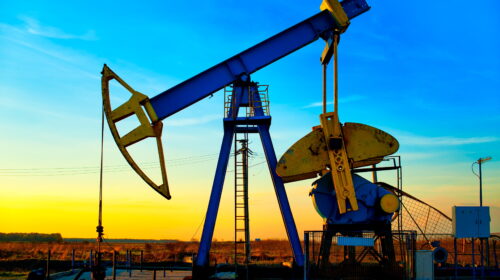The UN has warned that people living near oil fields, where gas is openly burned, face heightened risks of leukaemia, and that it has classified such areas as “modern sacrifice zones.”
Singling out sites in Iraq for gas flaring — a process of burning gas released by oil drilling that produces cancer-linked pollutants including CO2, methane and black soot — the UN said profits have been prioritized over human rights, noting Britain’s BP and Italy’s Eni as working these sites.
David Boyd, UN special rapporteur on human rights and the environment, told BBC Arabic: “The people living near oil fields are victims of state-business collusion.”
Despite Iraqi law prohibiting flaring within 6 miles of homes, a BBC investigation found areas, including on the outskirts of Basra, where gas was being burned less than 2 miles from people’s front doors, with authorities aware that this was the case.
A leaked Iraqi Health Ministry report seen by BBC Arabic blames air pollution for a 20 percent rise in cancer in Basra between 2015 and 2018.
As part of its investigation, the BBC undertook the first pollution-monitoring testing among the exposed communities, with results indicating high exposure to cancer-causing chemicals and the finding that Basra’s Rumaila oil fields flare more gas than any other site in the world.
The government-owned site, with BP as lead contractor, is near the town of North Rumaila, known by locals as the “cemetery” because of its high leukaemia levels.
Local environmental scientist Shukri Al-Hassan described cancer there as so rife it is “like the flu.”
Iraq’s prime minister issued a confidential order banning employees working at sites from speaking about the health damage resulting from pollution.
Oil Minister Ihsan Abdul Jabbar Ismail told the BBC that he had instructed all contracted companies operating in the oil fields to “uphold international standards.”
Responding to BBC requests for comment, Eni said it strongly rejects any accusations that its activities are endangering the health of Iraqis, while BP said it is “extremely concerned” and will conduct an “immediate review.”
UN sounds alarm over leukaemia in Iraq linked to oil fields






